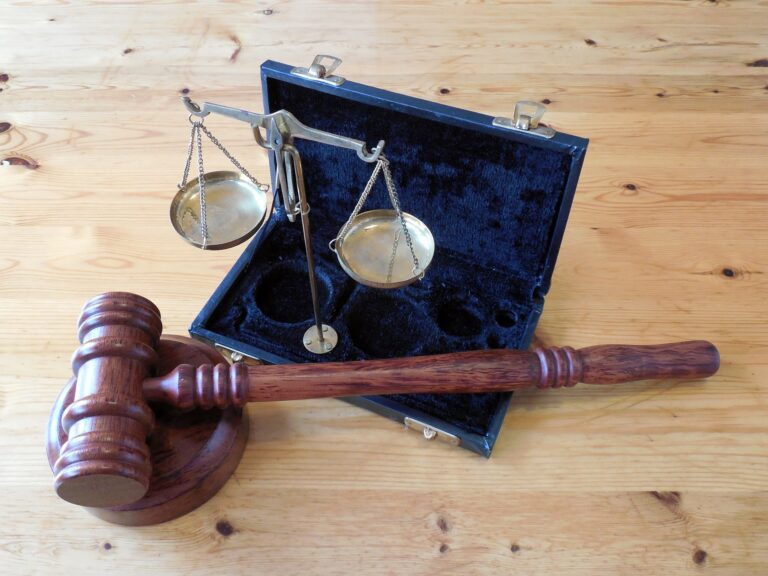

Facing a serious financial situation can be stressful. Knowing where to turn when times are tough can make all the difference. If you are considering filing for bankruptcy, our firm is ready to provide compassionate, knowledgeable, and quality legal services to help you through the process. While not every financial situation calls for bankruptcy, it is important to discuss this legal matter with a professional. For decades, the Rockland County bankruptcy attorneys here at The Lauterbach Law Firm have been a legal resource to clients facing bankruptcy in Rockland County, Westchester County, and throughout the Lower Hudson Valley. To discuss your legal matter with The Lauterbach Law Firm, simply contact us today.
When thinking about bankruptcy, there is a lot to consider. It is important to discuss your financial situation with an accountant and a bankruptcy attorney. Some of the many warning signs that may indicate it is time to file bankruptcy include when a creditor has filed a lawsuit, your bank account has been frozen, your wages are being garnished, and it is impossible to pay down debts, including credit cards and medical bills. When assessing your financial situation with an accountant and attorney, it is important to review your income-to-debt ratio, credit report, open all of your mail to know the creditors pursuing debt, and never ignore any collection action, including foreclosure, repossession, or any lawsuit.
If you are an individual or a couple facing a serious financial situation, you may want to know about your bankruptcy options. Before filing for bankruptcy, there are options to help you avoid taking that step, including a loan modification. If bankruptcy is the logical next step, knowing which one is right for you is important. There are two types of bankruptcy provided by the court; Chapter 7 & Chapter 13.
One of the greatest benefits of filing for bankruptcy is the Automatic Stay. This protection is provided by U.S. Bankruptcy Code and allows some time for a debtor to regroup and assess the future. Especially for those who face foreclosure, the Automatic Stay stops creditors from taking any action to collect one’s debt, letting families stay in the home while they get back on track and explore their options. The Automatic Stay stops lawsuits, repossessions, foreclosures, wage garnishments, and any contact to collect debts.
As of November 2022, the Biden Administration announced new guidelines for individuals to discharge their student loan debt via bankruptcy, something that was virtually impossible prior to that time. Courts now have more leeway in determining whether a person is facing an “undue hardship” as a result of their student loan debt, and can use that discretion to grant bankruptcy to those struggling with this specific type of debt more than ever before. Though this isn’t the perfect fix to a very serious problem, it is definitely a start. If you think filing for bankruptcy may be your best option to discharge your student loan debt, speak with our seasoned bankruptcy attorneys today so we can help you explore your options.
If you are considering the step toward bankruptcy, it is important to discuss your situation with our Rockland County Bankruptcy Attorneys. The Lauterbach Law Firm is an experienced Rockland County Bankruptcy Law Firm helping clients through these tough financial and legal matters. Contact our firm for a consultation to discuss your situation.


© 2025 The Lauterbach Law Firm. All rights reserved.